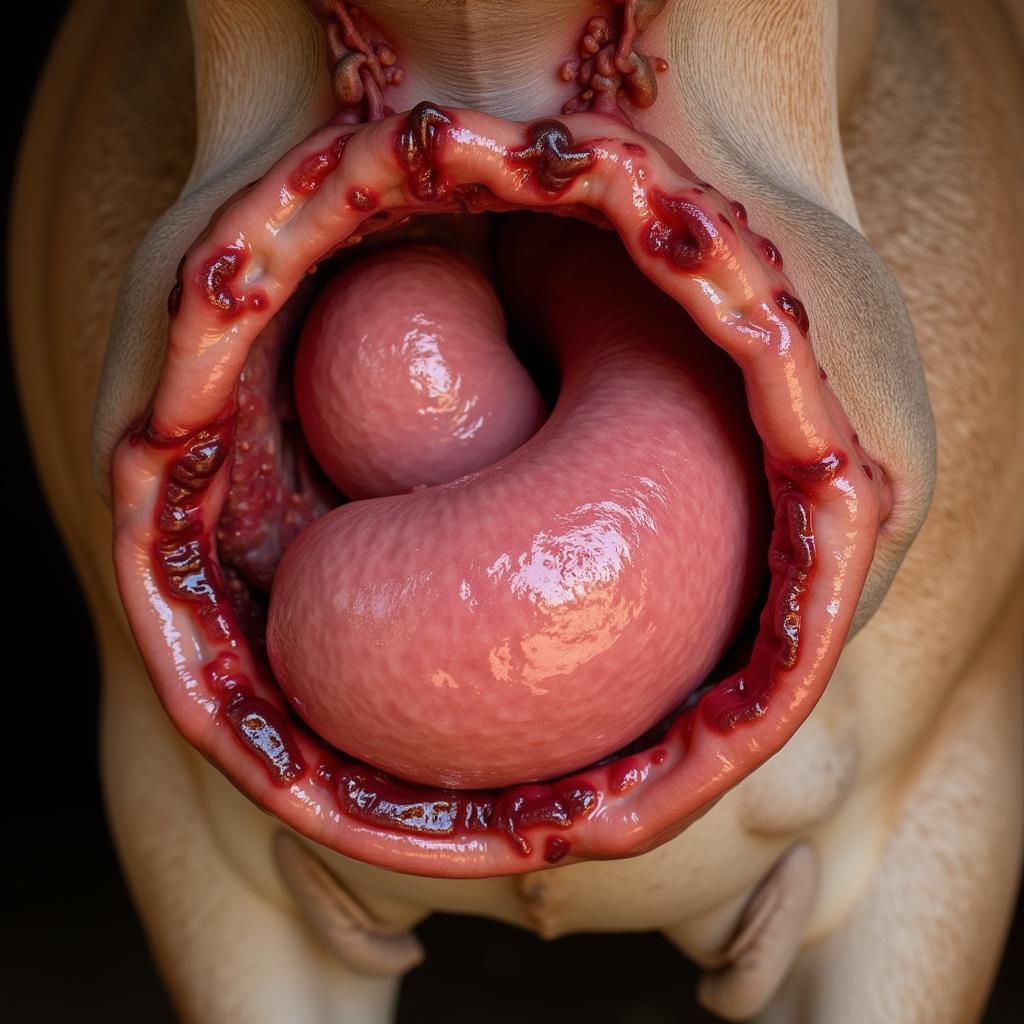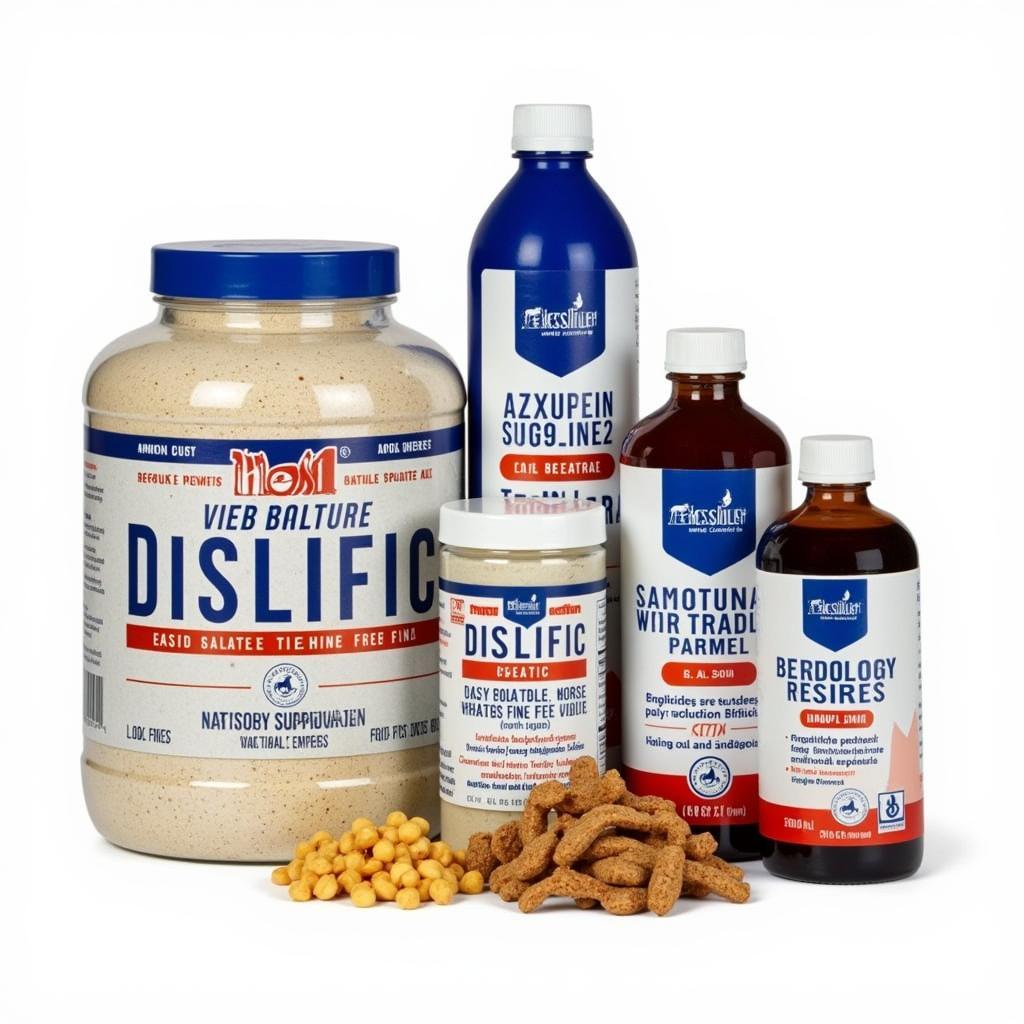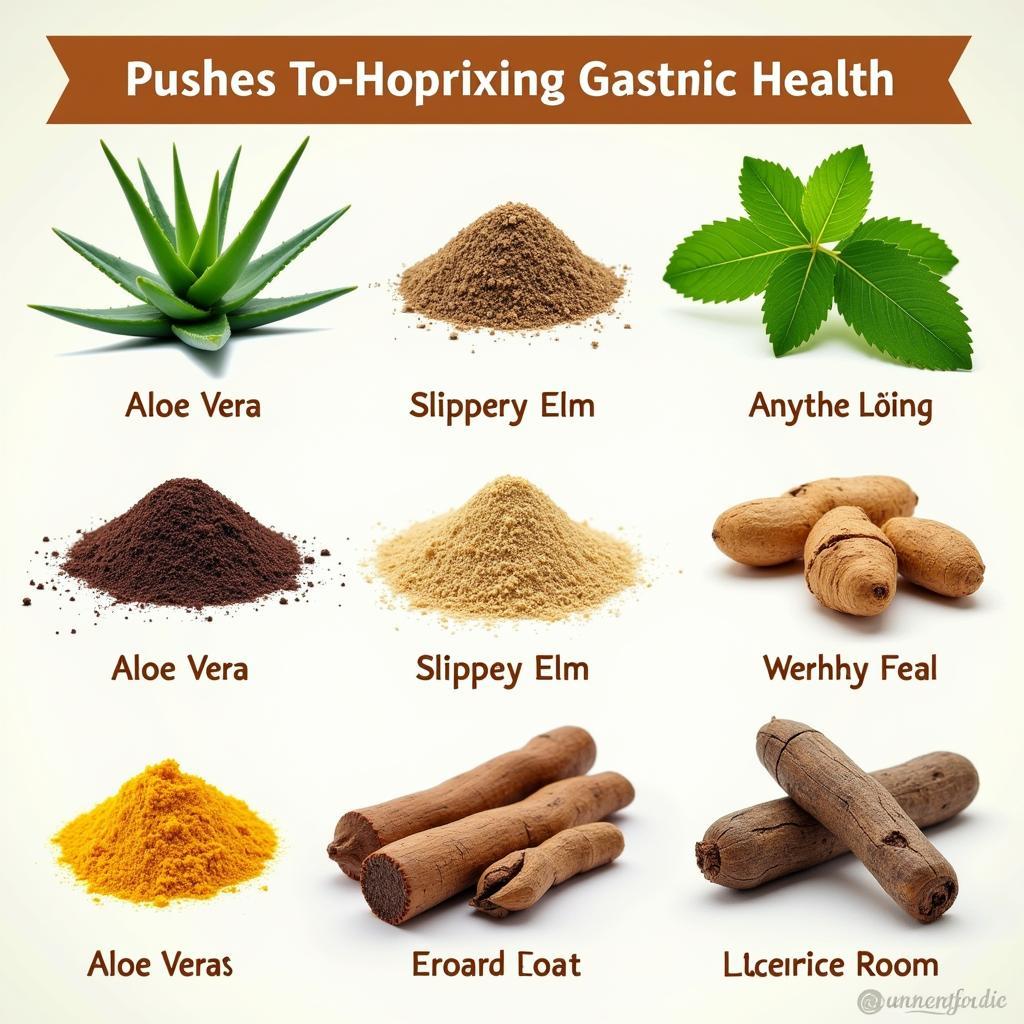Horses are known for their powerful physiques and majestic presence, but their digestive systems are surprisingly sensitive. A common issue affecting their well-being is gastric ulcers, often addressed with the help of Gastric Supplements For Horses. These supplements play a vital role in maintaining the delicate balance of the equine digestive system and ensuring the overall health and happiness of your equine companion.
 Horse with gastric ulcers
Horse with gastric ulcers
The Importance of Gastric Health in Horses
Unlike humans, horses produce stomach acid continuously, making them prone to gastric ulcers, especially when their feeding and management routines are disrupted. These ulcers, essentially sores in the stomach lining, can cause discomfort, pain, and even behavioral changes in horses.
Several factors can contribute to equine gastric ulcers:
- Stress: Travel, competition, and changes in routine can significantly increase stress levels in horses, impacting their digestive system.
- Intense Exercise: Strenuous activity can increase the risk of stomach acid splashing onto the upper, unprotected part of the stomach, leading to ulcers.
- Feeding Practices: Irregular feeding schedules and prolonged periods without food can disrupt the stomach’s natural defense mechanisms against acid. High-grain diets can also contribute to ulcer formation.
Recognizing the signs of gastric ulcers is crucial for early intervention:
- Poor appetite or weight loss
- Dull coat
- Girthiness or discomfort when being saddled
- Recurrent colic
- Behavioral changes such as irritability or aggression
 Various gastric supplements for horses
Various gastric supplements for horses
Choosing the Right Gastric Supplements for Horses
Choosing the right gastric supplement for your horse depends on various factors, including the severity of the issue, your horse’s individual needs, and your veterinarian’s recommendations. Some common types of gastric supplements for horses include:
Antacids:
These supplements work by neutralizing excess stomach acid, providing quick relief from heartburn and discomfort.
H2 Blockers:
H2 blockers reduce the production of stomach acid, creating a less acidic environment and promoting healing of existing ulcers.
Proton Pump Inhibitors:
These medications are highly effective in blocking acid production and are often used in severe cases of gastric ulcers.
Protective Agents:
Certain supplements form a protective barrier over the stomach lining, shielding it from the damaging effects of stomach acid.
Probiotics:
Probiotics introduce beneficial bacteria into the digestive tract, supporting healthy digestion and overall gut health.
dosing syringes for horses can be helpful when administering liquid gastric supplements to ensure accurate dosage.
Natural Support for Equine Gastric Health
In addition to traditional supplements, several natural options can support your horse’s gastric health:
- Aloe Vera: Known for its soothing properties, aloe vera juice can help reduce inflammation and promote healing in the stomach.
- Slippery Elm: This herb forms a protective layer over the stomach lining, shielding it from irritation.
- Lecithin: This naturally occurring compound supports healthy mucus production, which is essential for protecting the stomach lining.
“When choosing natural remedies, always opt for high-quality products specifically formulated for horses,” advises Dr. Emily Carter, DVM, specializing in equine internal medicine. “Consulting with your veterinarian is crucial to determine the appropriate dosage and ensure it complements your horse’s overall health plan.”
 Natural ingredients for horse gastric health
Natural ingredients for horse gastric health
Preventing Gastric Ulcers in Horses
Prevention is key when it comes to equine gastric health. Implementing horse-friendly management practices can significantly reduce the risk of ulcers:
- Consistent Feeding Schedule: Provide small, frequent meals throughout the day to avoid prolonged periods with an empty stomach.
- High-Quality Forage: Offer ample access to hay or pasture, as chewing stimulates saliva production, which acts as a natural buffer against stomach acid.
- Minimize Stress: Reduce stressful situations whenever possible and provide opportunities for your horse to relax and socialize.
- Consult with Your Veterinarian: Regular veterinary check-ups are essential for monitoring your horse’s overall health and detecting any potential issues early on.
Gastric Supplements: A Part of Holistic Horse Care
Gastric supplements for horses can be invaluable tools in maintaining optimal digestive health, but they are most effective when combined with appropriate management practices. By understanding the causes of gastric ulcers, recognizing the signs, and implementing preventive measures, you can help your equine companion enjoy a happy, healthy life. Remember, your veterinarian is your trusted partner in ensuring your horse’s well-being.
FAQs About Gastric Supplements for Horses
Q: How long should I give my horse gastric supplements?
A: The duration of treatment with gastric supplements varies depending on the individual horse and the severity of the ulcers. It’s crucial to follow your veterinarian’s recommendations for dosage and treatment duration.
Q: Can I prevent gastric ulcers in my horse entirely?
A: While it may not be possible to completely eliminate the risk of gastric ulcers, implementing horse-friendly management practices and providing appropriate nutrition can significantly reduce the likelihood of their occurrence.
Q: What are the long-term effects of gastric ulcers in horses?
A: If left untreated, gastric ulcers can lead to chronic pain, poor performance, and even life-threatening complications. Early detection and treatment are essential for ensuring the long-term health and well-being of your horse.
Q: Are there any side effects of gastric supplements for horses?
A: Most gastric supplements are generally safe for horses when used as directed. However, some horses may experience mild side effects such as diarrhea or loss of appetite. It’s essential to consult with your veterinarian if you notice any adverse reactions.
Q: What are the best gastric supplements for horses?
A: The best gastric supplement for your horse depends on their individual needs and the underlying cause of their digestive issues. Your veterinarian can recommend the most appropriate option based on your horse’s specific condition. For those looking for natural options, best horse calming supplement can be a great way to reduce stress and support overall digestive health.
Q: Can I use human antacids for my horse?
A: Never give human medications to horses without consulting with a veterinarian. The dosage and formulations of human medications can be toxic to horses and can cause serious health problems.
Q: How can I tell if my horse’s gastric supplements are working?
A: If your horse’s gastric supplements effectively address their digestive issues, you may notice improvements in their appetite, behavior, and overall demeanor. Your veterinarian can also monitor their progress through physical examinations and other diagnostic tests.
Need more information? Explore our other articles on anemia in horses and dosage of bute for horses.
For expert advice on choosing the best ulcer supplement for horses, contact Justus Horses USA at 0772127271 or [email protected]. We’re available 24/7 to assist you and your equine companion. You can also visit us at our location at QGM2+WX2, Vị Trung, Vị Thuỷ, Hậu Giang, Việt Nam.